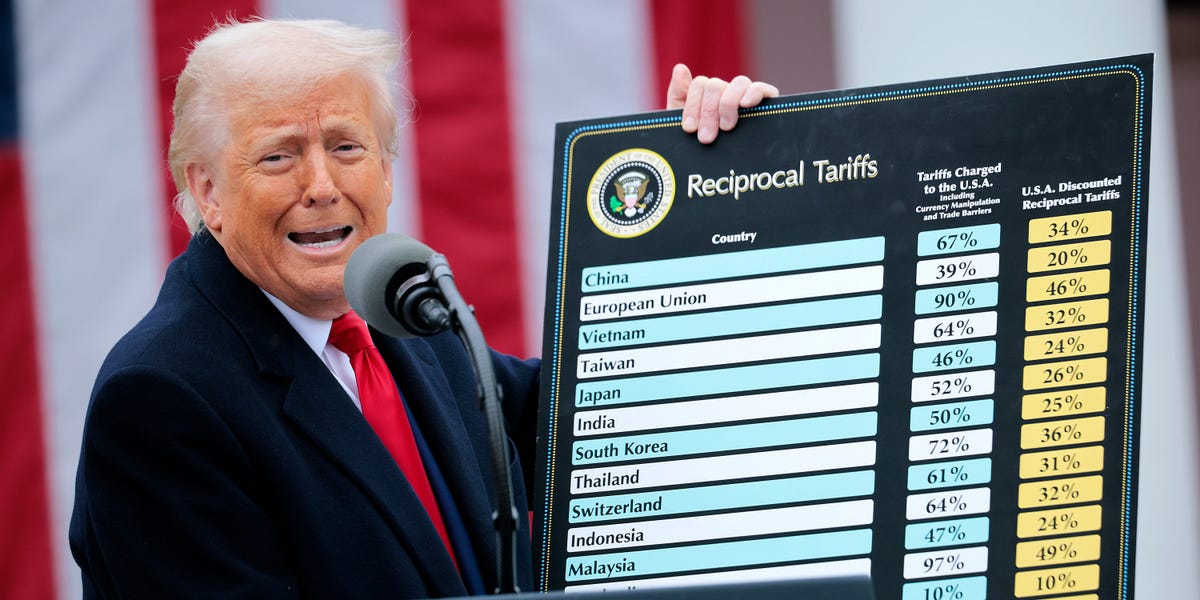Market Jitters: Trump Warns of Potential Economic 'Bitter Pill' Ahead

In a bold and controversial economic maneuver, President Donald Trump unveiled plans to impose reciprocal tariffs on imports from over 180 countries, sending shockwaves through global financial markets. The unexpected announcement triggered immediate panic among investors, causing significant volatility in stock exchanges worldwide.
The sweeping tariff strategy aims to level the international trade playing field, with Trump emphasizing the need for fair economic relationships between the United States and its trading partners. By targeting such a vast number of countries, the administration signaled its intent to fundamentally reshape global trade dynamics.
Investors and market analysts quickly reacted to the news, with stock markets experiencing sharp fluctuations. The uncertainty surrounding potential trade implications led to widespread sell-offs and increased market anxiety. Economists warned that such broad-based tariffs could potentially disrupt international supply chains and escalate trade tensions.
This aggressive trade policy underscores the Trump administration's commitment to an "America First" economic approach, prioritizing domestic economic interests over traditional multilateral trade agreements. The move is expected to have far-reaching consequences for global commerce and international economic relationships.
